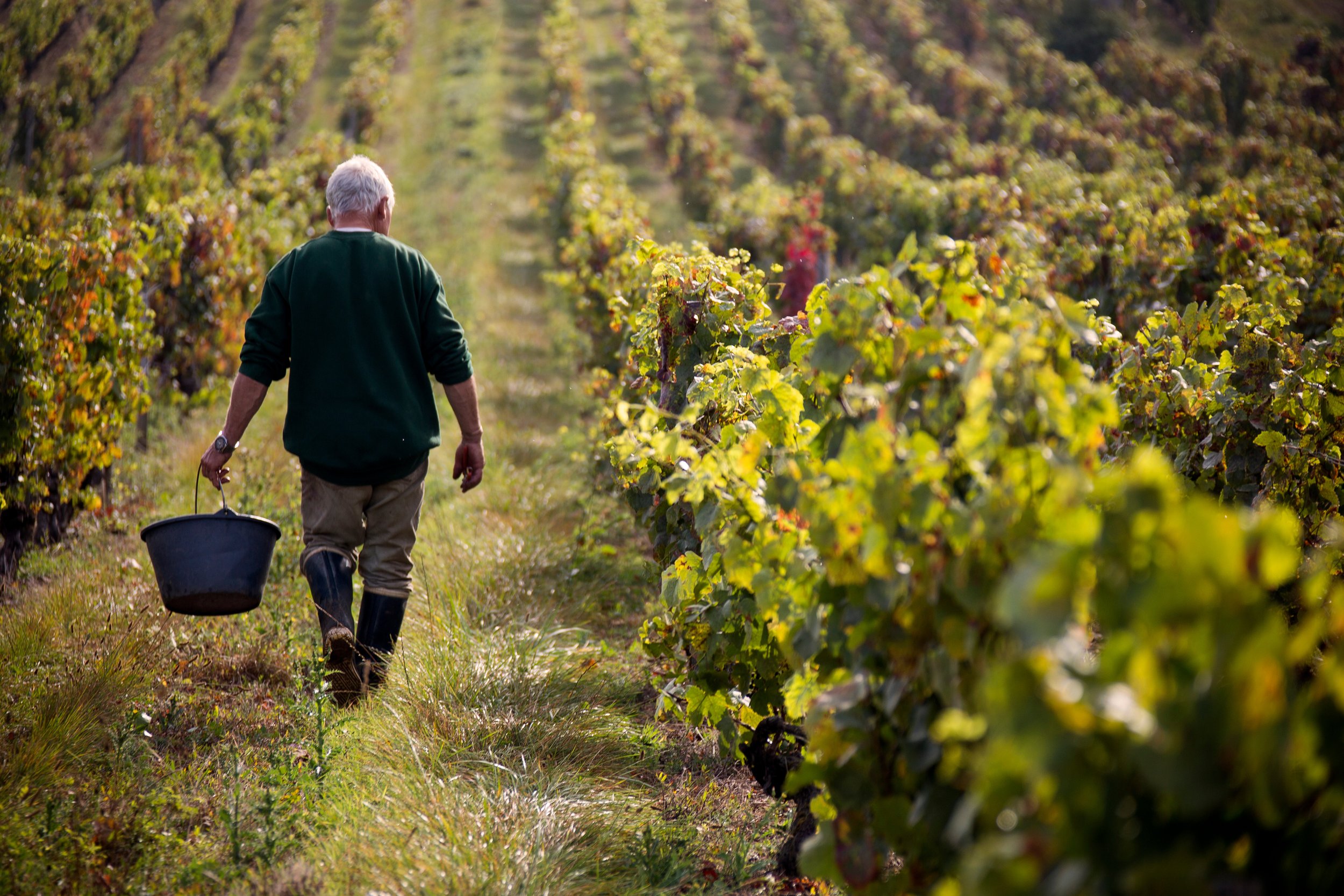France’s winemakers just had an abysmal year - and it’s not getting better
France’s wine production has seen a significant decline in 2024 due to climate-related disruptions. The country is expected to see a 22% drop in wine output compared to last year, with total production forecasted at 37.5 million hectoliters—15% below the five-year average! Unfavorable weather conditions, particularly wet and erratic patterns, have affected all wine-growing regions, with Burgundy, Beaujolais, and Champagne among the hardest hit. This isn’t a one-off event either—chaotic weather patterns driven by climate change have consistently impacted grape harvests. Last year marked a 60-year low in production, and as climate extremes become more frequent, the risks to this iconic industry are increasing.
It’s not just wine you have to worry about…
Wine is just one part of the broader story of how climate change is threatening France's agricultural sector. As the largest agricultural producer in the European Union, France is seeing widespread impacts on other key crops. For example, the soft-wheat harvest is expected to plunge to its lowest level in 40 years, following the wettest September in a quarter-century. These extreme weather patterns, from floods to droughts, are no longer anomalies but part of a growing trend that is putting the country’s food security at risk. As the frequency and intensity of climate-related disasters increase, France’s farmers face challenges in adapting quickly enough to safeguard their livelihoods.
Looking ahead, the next decade may bring even more volatility if current climate trends persist. According to some projections, France could experience a 20-40% decrease in overall crop yields by 2035, depending on how drastically global temperatures rise. This not only threatens the agricultural economy but could also lead to supply shortages and price increases. For the wine industry, warmer temperatures and unpredictable weather patterns will alter grape-growing seasons, while other staple crops such as wheat, corn, and barley may struggle to thrive under erratic climate conditions. The future of France’s agricultural output could be defined by the scale of climate adaptation measures farmers and policymakers are able to put in place.
This is why proactive climate risk management is crucial for procurement managers. Waiting for disasters to occur before reacting can lead to supply chain disruptions, price volatility, and lost opportunities. Platforms like Helios AI are designed to predict these risks years in advance, offering insights into which regions and suppliers are becoming less viable and which ones are better bets for long-term partnerships. By monitoring these trends, procurement managers can shift strategies, hedge against future shortages, and ensure their supply chains are more resilient to the mounting pressures of climate change.

